
Juliane "Liane" Haid was an Austrian actress and singer. She has often been referred to as Austria's first movie star.

Georg Wilhelm Pabst was an Austrian film director and screenwriter. He started as an actor and theater director, before becoming one of the most influential German-language filmmakers during the Weimar Republic.

Robert Wiene was a German film director, screenwriter and producer, active during the silent era. He is widely-known for directing the landmark 1920 film The Cabinet of Dr. Caligari and a succession of other expressionist films. Wiene also directed a variety of other films of varying styles and genres. Following the Nazi rise to power in Germany, Wiene, who was of Jewish descent, fled into exile.
Carl Wilhelm, was a prolific German film director, film producer and screenwriter of the silent film era, at the end of which his career apparently entirely faded away and he vanished into obscurity.
Fritz Schulz was a German and Austrian movie and stage actor, singer and director.

Werner Johannes Krauss was a German stage and film actor. Krauss dominated the German stage of the early 20th century. However, his participation in the antisemitic propaganda film Jud Süß and his collaboration with the Nazis made him a controversial figure.
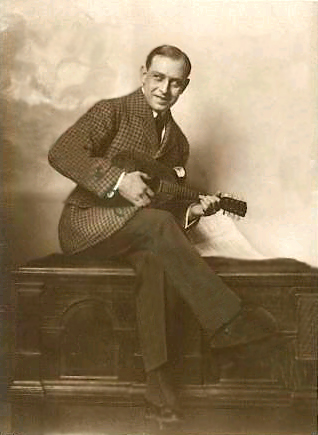
Frederic Zelnik was an Austrian producer, director, and actor. He was one of the most important producers-directors of the German silent cinema. Zelnik achieved success through period operetta films in the 1920s and 1930s.

John Gottowt was an Austrian actor, stage director and film director for theatres and silent movies.
Julius von Borsody was an Austrian film architect and one of the most employed set designers in the Austrian and German cinemas of the late silent and early sound film periods. His younger brother, Eduard von Borsody, was a film director in Austria and Germany. He is also the great-uncle of German actress Suzanne von Borsody.
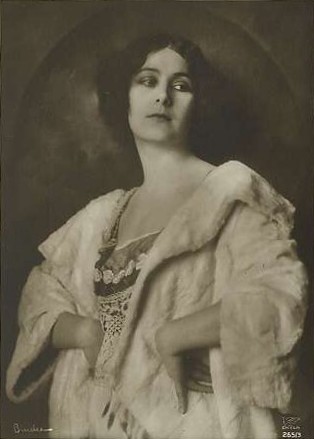
Lil Dagover was a German actress whose film career spanned between 1913 and 1979. She was one of the most popular and recognized film actresses in the Weimar Republic.
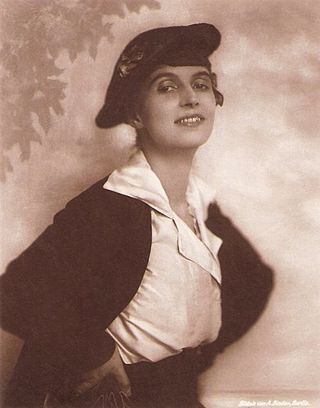
Erna Morena was a German film actress, film producer, and screenwriter of the silent era. She appeared in 104 films between 1913 and 1951.
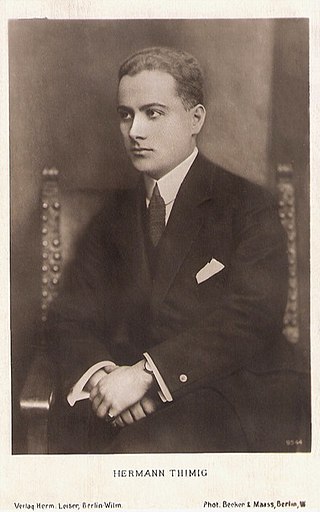
Hermann Thimig was an Austrian stage and film actor. He appeared in 102 films between 1916 and 1967.

Ernő Verebes was a Hungarian-American actor who began his career in Hungarian silent films in 1915. During his film career he worked and lived in Hungary, Germany and in the United States. He was born into a Hungarian emigrant family in New York, but his family later returned to Austria-Hungary.
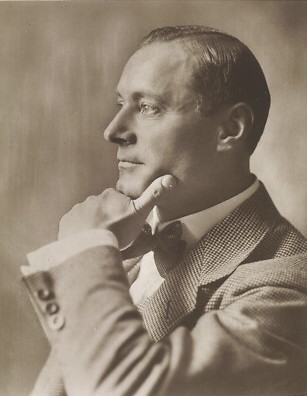
Heinrich August Franz Schroth was a German stage and film actor.
Bruno Mondi was a German cameraman and director of photography.

Anton Pointner was an Austrian stage and film actor. Pointner's career began on the stages of Austria and he performed in both silent and sound films in his native Austria, as well as in Germany and the United States.
Arthur Bergen was an Austrian Jewish actor and film director. He was murdered at Auschwitz concentration camp during the Holocaust.
The Guardsman is a 1925 Austrian silent comedy film directed by Robert Wiene and starring Alfred Abel, María Corda and Anton Edthofer. The film was shot at the Schönbrunn Studios in Vienna. It was based on the play Testőr by Ferenc Molnár and in 1931 remade as a movie by Sidney Franklin.
Eugen Neufeld was an Austrian-Jewish film actor. He was the older brother of actor and director Max Neufeld.

Fritz Spira was an Austrian stage and film actor. He appeared frequently in films during the silent and early sound eras. Spira played the role of the Austrian Emperor Franz Josef in the 1926 film The Third Squadron. Spira had been working in Germany before the Nazi takeover in 1933 compelled him to leave because of his Jewish background. He went first to Poland, then returned to his native Austria. Following the Anchluss he tried to leave, but was arrested. He would die in 1943 at the Ruma concentration camp in Vojvodina.













